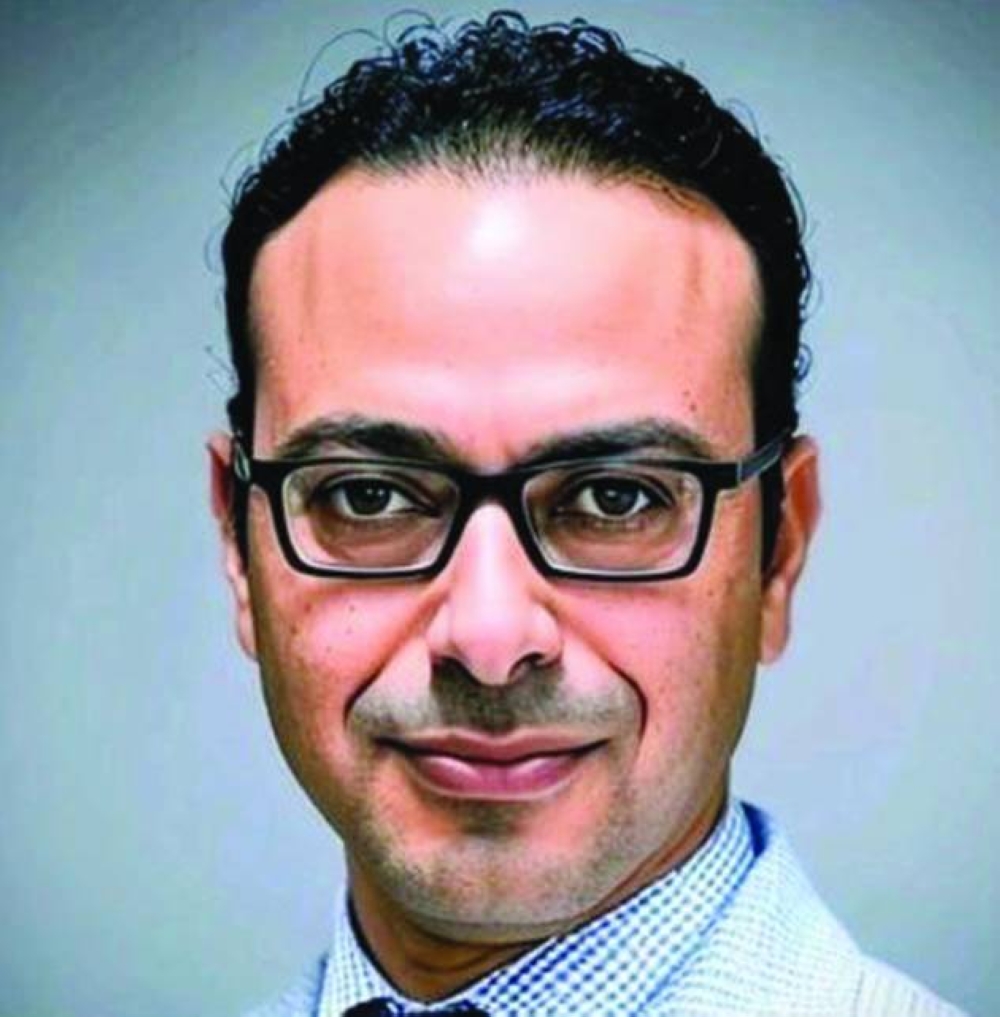Dr Ihab Hamed, family medicine consultant at Qatar University Health Centre of the Primary Health Care Corporation, has emphasised that to maintain the heart health of patients during Ramadan, focus should be placed on several important factors, including nutrition, exercise and quitting smoking.
Dr Hamed said that a healthy diet plays a vital role in supporting heart health during Ramadan. He noted: “It is recommended to consume nutritious foods that support the heart such as omega-3 rich fish, whole grains, fresh vegetables, and to avoid heavy and fatty foods that can potentially burden the heart. It is also necessary to ensure that adequate amount of water is consumed during non-fasting hours to prevent dehydration. These are supported by scientific evidence showing the significance of a healthy diet in maintaining the heart health and lowering the risks of heart disease.”
In addition to maintaining a healthy diet and careful management of medications, engaging in moderate physical activity is an integral part of the healthy lifestyle of heart patients, especially during Ramadan. Light to moderate exercises, such as brisk walking, swimming or stretching can contribute to improving blood circulation and promoting heart health without causing physical exhaustion. It is important to highlight that these exercises should be performed after Iftar to ensure the body has enough energy and to prevent dehydration.
Dr Hamed emphasised that quitting smoking is a crucial step for fasting heart patients during Ramadan. “Quitting smoking not only improves cardiovascular function, but also reduces the risk of heart attacks and strokes. During Ramadan, fasting presents the perfect opportunity to quit smoking, as the time available for smoking is reduced, decreasing exposure to toxins found in cigarettes. Heart patients are recommended to book an appointment at the Primary Health Care Corporation's clinics to set an effective smoking cessation plan, which may include the use of nicotine substitutes or mental support programmes,” he explained.
In addition, heart patients must be reminded to listen well to their bodies and be vigilant to any changes that may occur during fasting. Symptoms such as severe fatigue, difficulty breathing or chest pain must be taken seriously and treated immediately.
Dr Hamed noted that the decision to fast during Ramadan should be made after consulting the physician considering the patient's health condition. “ By following medical advice and under close medical supervision, heart patients can not only safely fast during Ramadan, but also improve their quality of life and overall health. It is always important to adhere to the advice of physicians and health experts and assess the health condition regularly to ensure effective prevention leading to live in a healthy and balanced manner,” he added.

Dr Ihab Hamed
